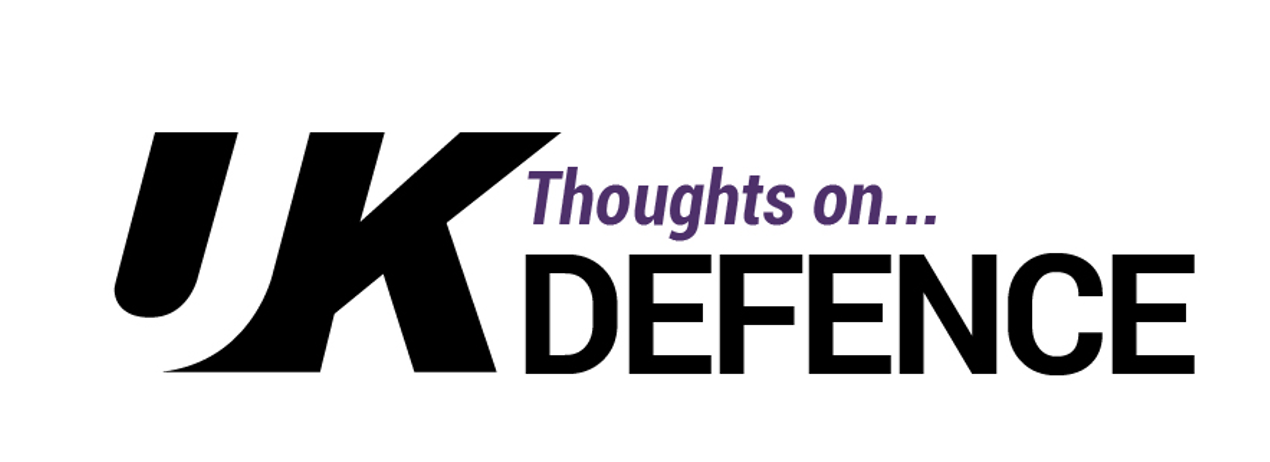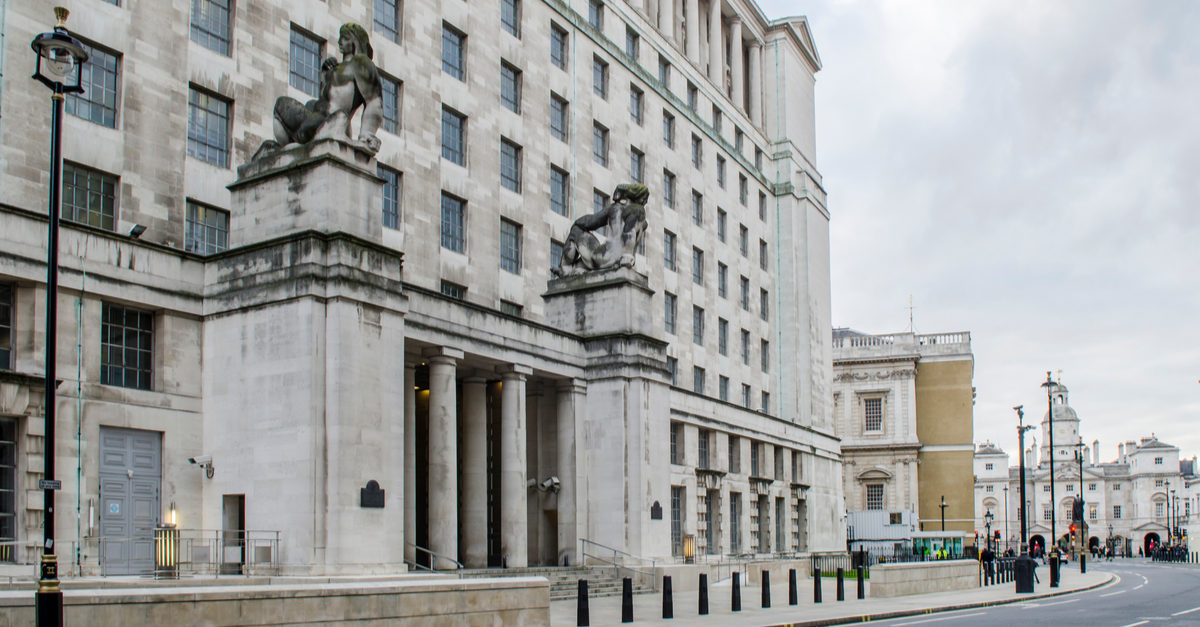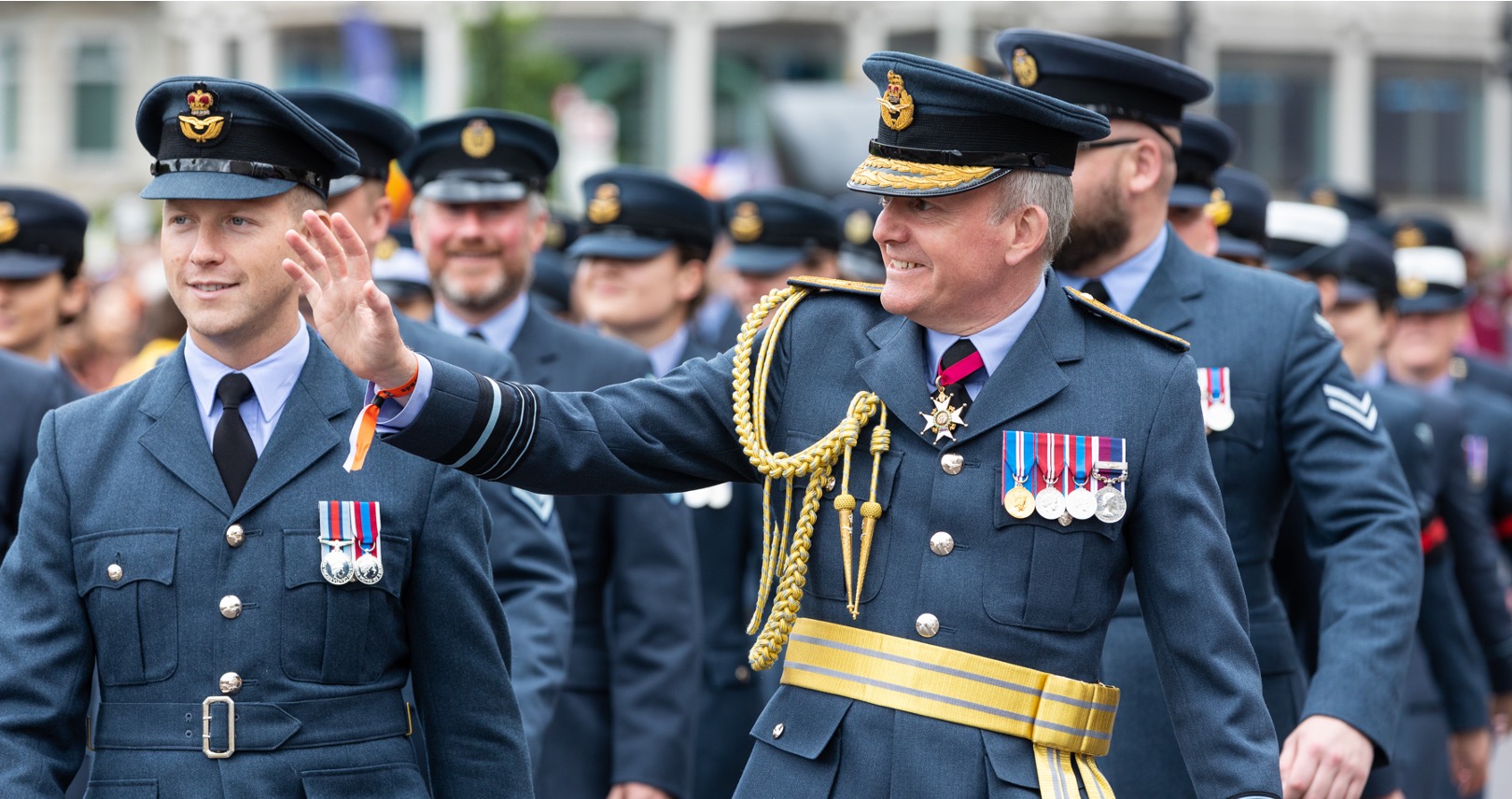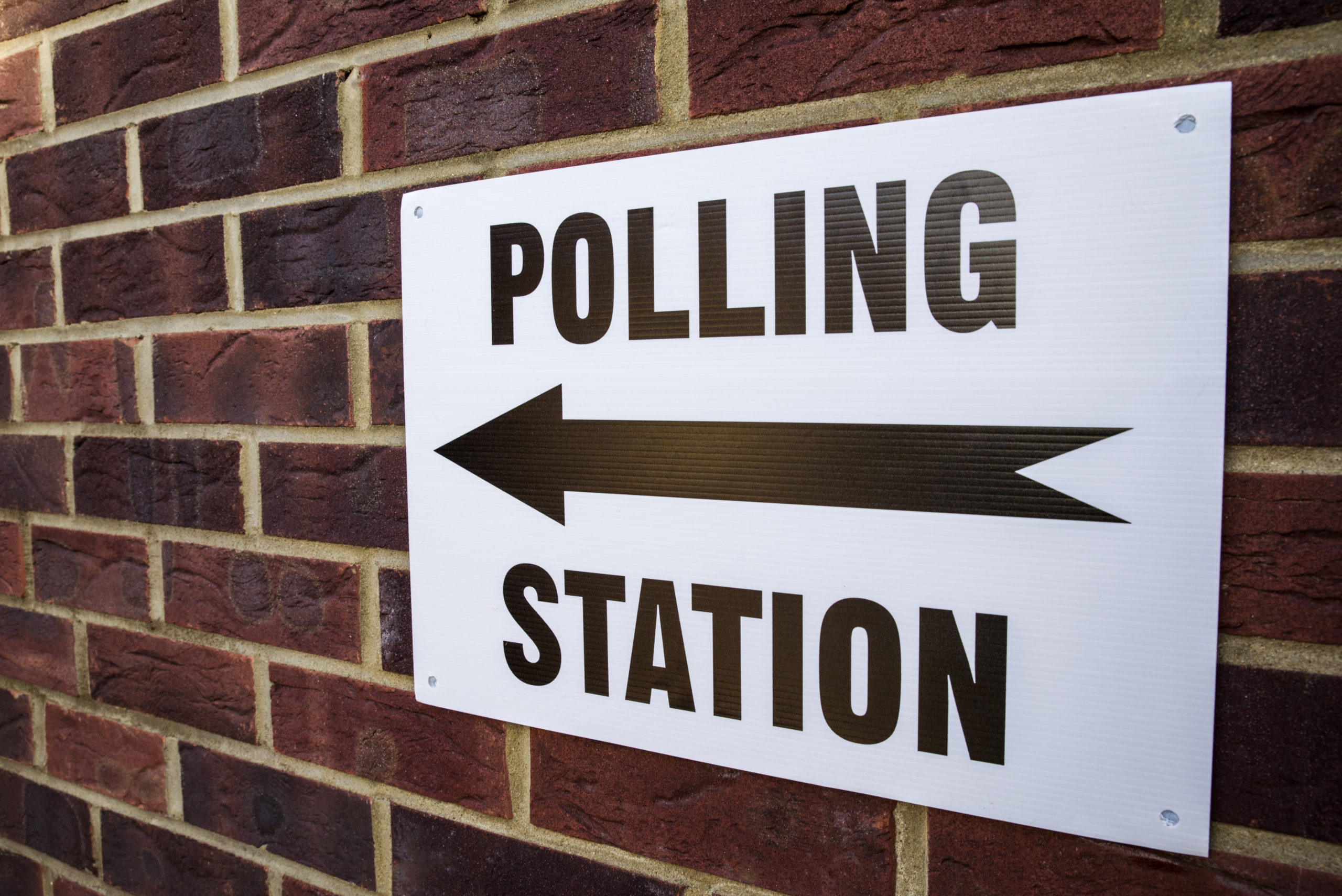Both the MOD’s press release and the US Department of Defense’s website news page that followed last week’s Atlantic Future Forum, held on board HMS Queen Elizabeth, were quick to reaffirm the US-UK special relationship. The UK highlighted “increasing cooperation”; the US reported “strengthening the two nations’ relationship”. This would suggest the US-UK special relationship remains strong; however, will that still be the case after next month’s US election?
Birth of the Special Relationship
The term ‘special relationship’ was first used to connect the US and the UK by Winston Churchill on 5 March 1946, during a speech in Fulton, Missouri. Often referred to as ‘The Sinews of Peace’ speech, it also introduced the term ‘iron curtain’, and is widely accredited with shaping the strategic direction that drove UK defence policy until the collapse of the Soviet Union in 1991. Specifically, Churchill said: “Neither the sure prevention of war, nor the continuous rise of world organisation will be gained without what I have called the fraternal association of the English-speaking peoples. This means a special relationship between the British Commonwealth and Empire and the United States”.
What is the Special Relationship?
John Dumbrell, US foreign policy specialist and former Professor at Durham University, has written that the most common invocations of the US-UK special relationship are “shared values, shared history, [and] shared language”. However, he also believed “[it] is spoken of largely in British accents”, suggesting that, as the junior partner, the relationship is considered far more significant in London than it is in Washington.
That said, the US Department of State website confirms that “The United States has no closer partner than the United Kingdom”. Furthermore, the website of the US Embassy in the UK explains the history of the special relationship thus:
The United States has no closer ally than the United Kingdom, and British foreign policy emphasises close coordination with the United States. Bilateral cooperation reflects the common language, ideals, and democratic practices of the two nations. Relations were strengthened by the United Kingdom’s alliance with the United States during both World Wars, in the Korean conflict, in the Persian Gulf War, in Operation Iraqi Freedom, and in Afghanistan, as well as through its role as a founding member of the North Atlantic Treaty Organisation. The United Kingdom and the United States continually consult on foreign policy issues and global problems and share major foreign and security policy objectives.
Practically, the special relationship is manifested in the close level of cooperation between the two countries in trade and commerce, but more specifically in military planning, the combined execution of military operations, nuclear weapons technology and intelligence sharing. The UK’s 2018 Modernising Defence Programme report confirmed the intent to deepen relationships with the US – its closest ally, and, more recently, Chief of the Defence Staff, General Sir Nick Carter confirmed in a House of Commons Defence Committee evidence session that the US would be the UK’s most likely military partner in any future operation.
In reality, the special relationship has been driven by the close relationships between British and American heads of government, with Margaret Thatcher’s relationship with Ronald Reagan and Tony Blair’s with George W Bush regularly cited as examples. And less than a week after the 2010 general election, President Obama reiterated his “deep and personal commitment to the special relationship between our two countries” in a phone call to David Cameron, the UK’s new prime minister.
Concerns for the Future
Today, the US military still views UK armed forces as a partner of choice, but there is no guarantee that will always be the case. As @onUKDefence has highlighted, the Integrated Review will demand tough choices, and maintaining interoperability, and therefore credibility, with US forces is expensive. Accommodating a smaller, and potentially less well integrated UK force package within its ORBAT on future operations will not be appealing to US military commanders.
Then there is also the issue of personalities. It has been suggested that a Joe Biden victory may not help the US-UK special relationship. In particular, his Irish ancestry may influence his views on problems this side of the Atlantic. That, for example, could threaten the UK Government’s freedom of manoeuvre regarding Brexit and, in particular, the Irish border question. Equally relevant, Prime Minister Boris Johnson’s disparaging ‘part-Kenyan’ remarks about Barack Obama are unlikely to have been forgotten by the Democrat Party faithful, which could impact a future US-UK trade deal.
But a second Trump term may not be any easier. Even though Trump has talked about the US-UK relationship being “the highest level of special”, his America First policy pays no attention to geo-political issues. In addition, his personal interests will always come ahead of any diplomatic considerations, as was evident is his Twitter campaign last year against former British Ambassador Sir Kim Darroch, who had described the Trump White House in unflattering terms in leaked communications with the Foreign & Commonwealth Office.
Conclusion
So will the result of the US election change the US-UK special relationship? Of course, only time will tell. However, to remain successful, any relationship requires constant and positive attention from both parties. Investment must be made in the things that matter and personal connections must be nurtured. There is no guarantee that either the forty-fifth or forty-sixth president will, in the months to come, have the time or the inclination to make that so.






